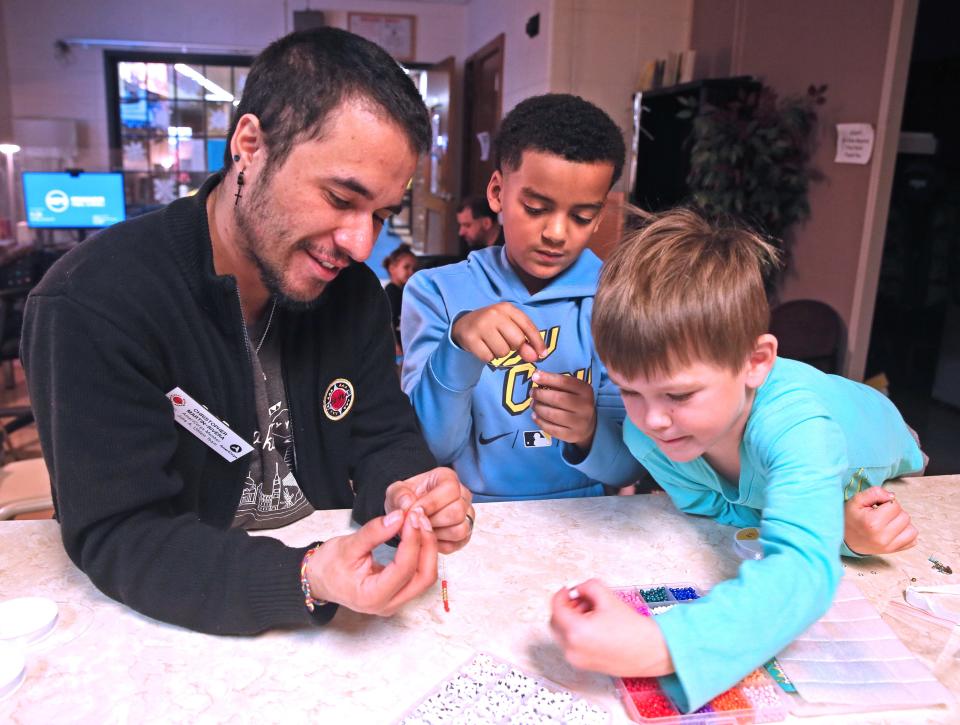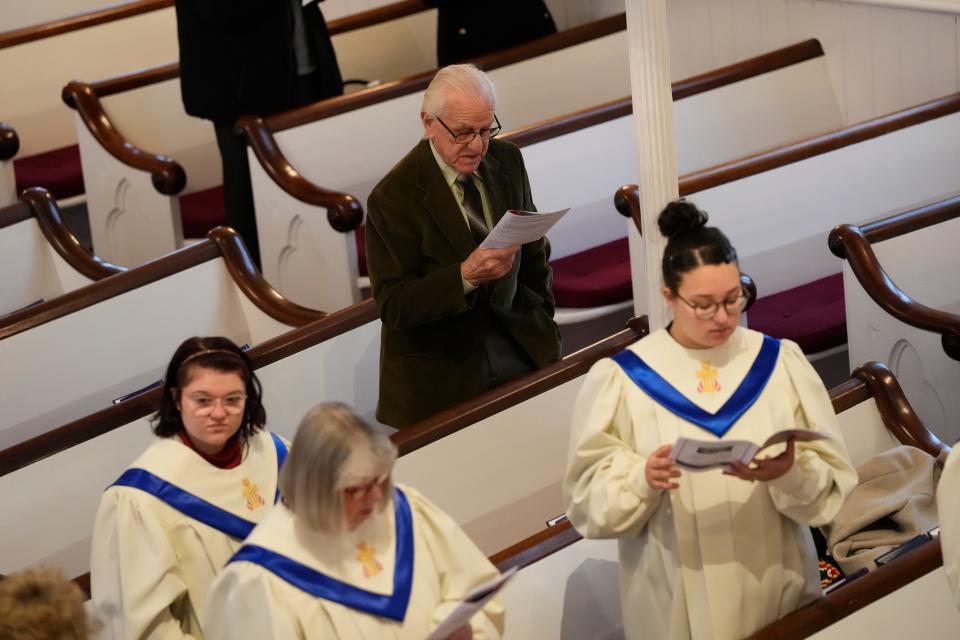Psychologist: Friendships are essential to a mentally and physically healthy life
This is a commentary by Robert Pawlicki, a semi-retired psychologist who regularly contributes content to the Savannah Morning News regarding mental health and wellness.
As a cognitive behavioral therapist, I use every tool possible to maximize my client's improvement. I explore the patient's strengths in addition to their weaknesses. I encourage movement and exercise. And most of all, I promote friendships.
Much of the public views psychotherapy as a patient spilling out their sorrows to a mental health professional in weekly sessions. The perception is incorrect on multiple levels. Critical is exploring the patient's social life, support system, isolation and friendships.
The most common diagnoses I see include anxiety and depression, both of which thrive in isolation and internal rumination. Clients who complete therapy and then return to their habit of isolation are much more likely to regress to emotional difficulties. Friendships combat these conditions. Encouraging an expansion of friendships, in my perception, is necessary, if not critical, for good psychotherapeutic practice.
Life is complicated. To navigate it alone can be precarious, if not downright dangerous. Friendships can provide a lifeline.
Psychologist: During these mentally challenging times, do this to counter 'gloom and doom'

Why are friendships so important to good health?
Harvard's longitudinal study, from 1938 to the present, is incredibly persuasive in highlighting the importance of friendship. The study has followed participants, relatives, and offspring for almost a century. One of their key findings is that friendships lead to better physical health and psychological well-being.
The Harvard study is just one in a mountain of research to emphasize this finding. A 2005 Australian longitudinal study surveying 300,000 seniors for 7.5 years found that family relationships have little impact on longevity, while friendships increase life expectancy by as much as 22%.
Friendships, especially with close friends, help put problems in perspective. They bring alternative possibilities into problem-solving. Good friends mutually share their ordeals, diminishing feelings of victimhood and guilt. Friendships often introduce laughter and crying, emotions that are at the heart of living a good life.
Loneliness and lack of friends are problematic. One researcher found that loneliness is far more dangerous for older adults than obesity. Another study shows that it can weaken your immune system. The American Heart Association categorically states, "Social isolation and loneliness increase the risk of death from heart attack, stroke."
One of my therapist colleagues had a patient who claimed he had no friends. The therapist asked what constituted a friendship. The patient said, "A friend is someone with whom I can share my deepest emotions" — a strikingly challenging definition to meet. The therapist recommended expanding this definition to include a far less demanding description that might be more achievable.
The patient was overthinking friendship. Although deep friendship is a treasure, every friend doesn't need to be intimately close. All friendships can be beneficial, including sports, lunch dates, or card playing.
Psychologist on Georgia's gun culture: The stress we feel when everyone can carry a gun

Where are the best places to find friends?
Those who fret that they are too busy to seek out friends need to take some hints from the experts concerning where friends are likely to be found and their critical importance. Friends are found wherever you spend your time - work, play, or worship, for example. Seeking additional friends may take effort, but it's one of life's investments that massively improves the quality of life.
A valuable measure of friendship is those who you like spending time. A tool to increase the depth of friendship is to share your appreciation with verbal affirmations overtly – "I like spending time with you." "I always feel better after we are together."

These outward expressions can be more difficult for men who are taught it's manly to be stoic and tough, lessons that can interfere with gaining close personal friendships. Lack of friendships has consequences. According to a 2021 American Perspective Survey, fifteen percent of men report "no close friends," five times greater than twenty-years ago. Recent national data show women outlive men by six years on average, data I ascribe in large part to men's tendency to have fewer and less intense friendships.
As I get older, I'm more prone to use the term "friend." I openly share that I see friends as friends. I share how much I enjoy being with them. I share how I value their characteristics and who they are.
Friends are perhaps the most incredible wealth you could have. It's a gift that keeps on giving.
This article originally appeared on Savannah Morning News: Friendships links to mental and physical health writes psychologist

